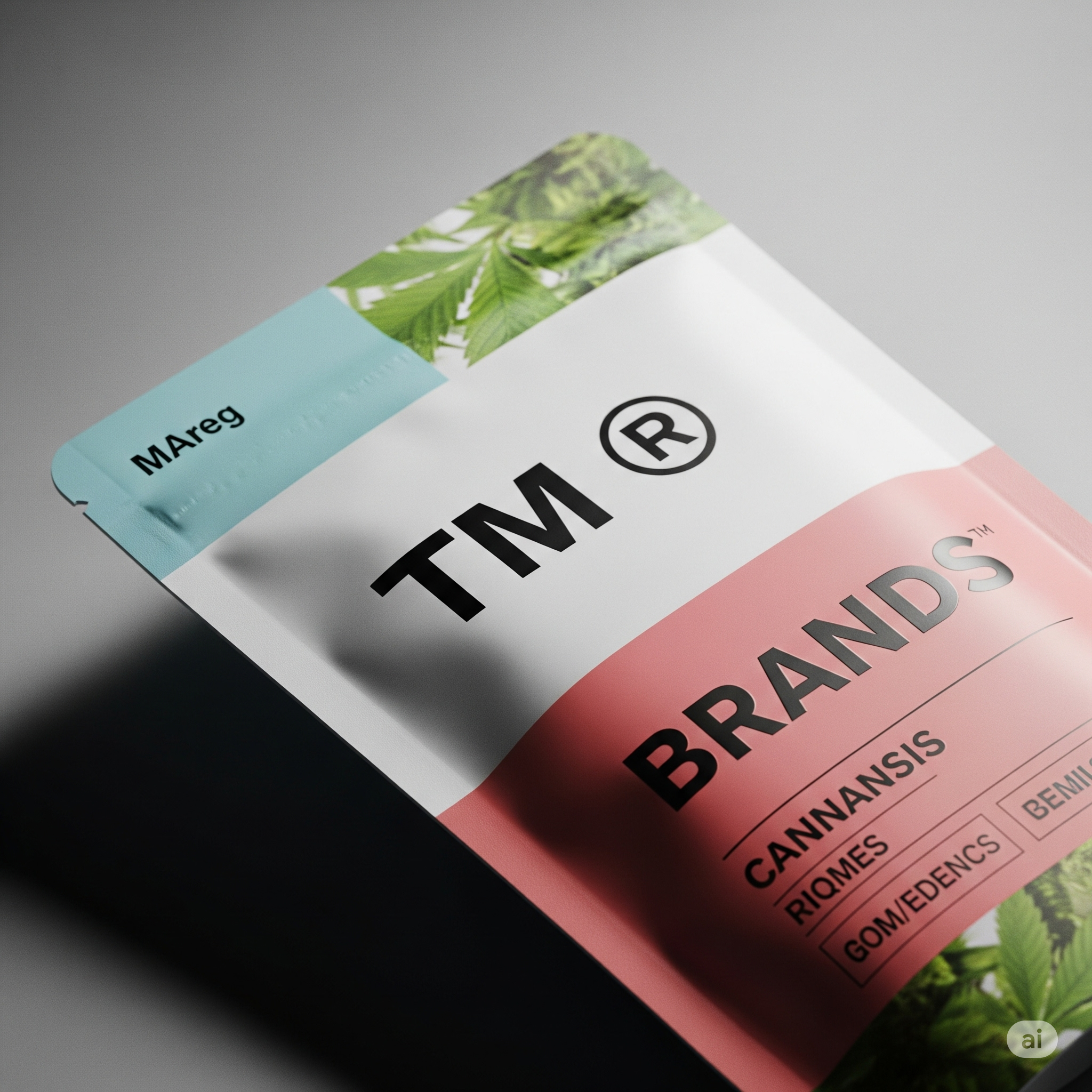Introduction
In the rapidly growing cannabis market, your brand is everything. It’s how you stand out on a crowded dispensary shelf and build a loyal customer base. But how do you protect that brand when cannabis remains illegal at the federal level? This is one of the most critical and complex challenges facing cannabis entrepreneurs today.
Welcome to Part 2 of our series, "The Cannabis Launchpad." In Part 1, we covered common legal mistakes. Now, we're diving deep into the intellectual property (IP) strategies you need to build a defensible and valuable cannabis brand.
The Trademark Challenge: Federal Illegality vs. State Legality
The core of the issue lies here: The U.S. Patent and Trademark Office (USPTO) will not grant a federal trademark registration for goods that are illegal under federal law. Because cannabis containing more than 0.3% THC is a Schedule I substance under the Controlled Substances Act, you cannot get a federal trademark for plant-touching products like flower, edibles, or vapes.
The Pitfall: Many startups either give up on brand protection entirely or mistakenly believe they are protected when they aren't, leaving their brand name and logos vulnerable to competitors in other states, or even within their own.
The Savvy Solution: A multi-layered IP strategy is essential. Since you can't rely on the primary federal trademark route for all your goods, you must build a "moat" around your brand using other available tools.
Building Your Brand's Moat: A Multi-Layered IP Strategy
1. State-Level Trademarks
For businesses operating in states like New York, New Jersey, and California, state trademark registration is your first line of defense. It provides protection for your brand name and logo for use on cannabis products *within that state's borders*. It's a crucial step to prevent local competitors from using a confusingly similar name.
2. Federal Trademarks for Ancillary Goods & Services
This is the most critical part of a savvy cannabis branding strategy. While you can't trademark the cannabis itself federally, you *can* trademark your brand for related, legal goods and services. This includes:
- Apparel: T-shirts, hats, and other merchandise.
- Informational Services: A blog or website providing information about cannabis (but not selling it).
- Ancillary Products: Lighters, rolling papers, grinders, and other related accessories.
- Consulting Services: If you offer consulting in the cannabis space.
The Savvy Move: By securing a federal trademark for these ancillary goods, you establish nationwide rights to your brand name in connection with those items. This makes it much harder for a competitor in another state to use your name for *their* cannabis products, as it would likely cause confusion with your federally protected brand on other goods.
3. Copyright Protection
Copyright doesn't protect a name, but it protects original works of authorship. This is another vital layer for your brand.
- Logos: Your logo is an artistic work. Registering it with the U.S. Copyright Office protects it from being copied.
- Packaging & Website: The original design, text, and photos on your packaging and website are also protected by copyright.
4. Trade Secrets
Some of your most valuable IP might not be public-facing. Proprietary cultivation techniques, unique edible recipes, or special extraction processes can be protected as trade secrets. This requires taking active steps to keep the information confidential, such as using Non-Disclosure Agreements (NDAs) with employees and partners.
Conclusion: A Proactive & Creative Approach is Key
Protecting a cannabis brand isn't impossible; it just requires a creative and proactive legal strategy that uses every available tool. By combining state trademarks, federal trademarks on related goods, copyright for creative works, and trade secrets for proprietary information, you can build a strong, defensible brand that grows in value alongside your business.
Don't leave your most valuable asset unprotected. A strategic approach to IP from day one is essential for success in this competitive industry.

